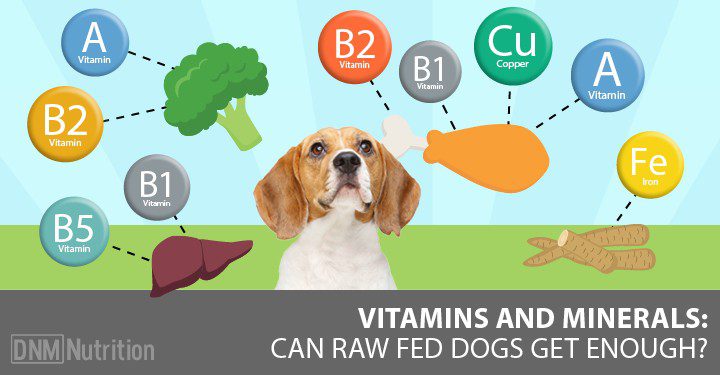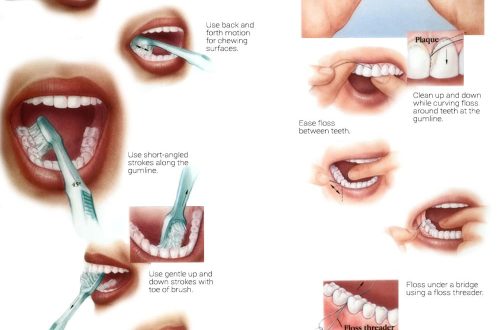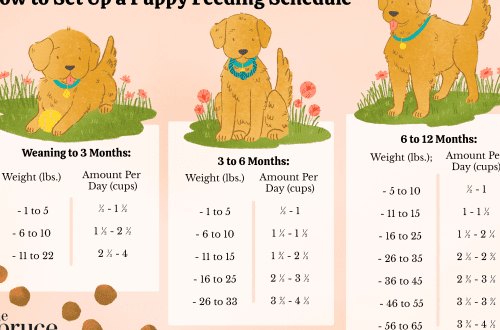
What are dietary supplements and vitamins and why do they need a dog
Contents
What are dietary supplements and vitamins
Vitamins are essential organic substances that enter the body in extremely small quantities. As a rule, vitamins are not synthesized by the body and come from food. Vitamins are divided into water-soluble (B, C, P) and fat-soluble (A, D, E, K). Vitamins are necessary for the normal functioning of the body. Dietary supplements are dietary supplements. They are not required food components. If the diet is balanced, they are not needed – everything you need comes from food.
Hypovitaminosis and hypervitaminosis in dogs
In the complete absence of vitamins (avitaminosis), severe disorders can develop in the dog’s body, but this almost never occurs in the modern world. More often there is a lack of vitamins – hypovitaminosis. There are 2 types of hypovitaminosis: 1. Primary (exogenous, alimentary) is associated with a lack of intake of vitamins from food. 2. Secondary (endogenous) is associated with a change in the absorption of vitamins by the body. The reasons may be a violation of the process of absorption of vitamins (diseases of the gastrointestinal tract), an increased need for certain vitamins (for example, as a result of a decrease or increase in air temperature), physiological disorders (oxygen starvation, mental or physical stress), pregnancy and etc. There is a vitamin-resistant condition caused by genetic defects in proteins involved in the transport of vitamins and their transformation into active substances.
With a lack of vitamins, proper metabolism is impossible, efficiency and endurance decrease, and the risk of infectious diseases increases.
Hypervitaminosis also occurs – a metabolic disorder caused by an excess of certain vitamins. This mainly concerns fat-soluble vitamins, which can accumulate in the liver. For example, if you overdo it with preparations containing vitamins A and D.
Do dogs need vitamins and supplements?
To understand whether you need to give your dog additional vitamins or dietary supplements, contact a specialist. He will select the drugs and advise on how best to use them. There are general strengthening preparations (used seasonally, for example, in the spring, or during a period of active growth), as well as directed action preparations (to improve the condition of wool, skin, musculoskeletal system, etc.) The need for vitamins or dietary supplements also depends on age dogs.
Fortifying preparations for dogs
Fortifying drugs are prescribed either during the period of seasonal hypovitaminosis (spring or autumn), or during periods of active growth of the puppy, as well as pregnant dogs, elderly pets or animals that lead a very active lifestyle. They are also prescribed for unbalanced or inadequate feeding. The composition of general strengthening preparations for dogs includes all the necessary vitamins and minerals and is similar in composition.
Targeted drugs for dogs
These drugs are designed to “fix” the weaknesses of the dog. They affect the state of individual organs and systems: skin, wool, musculoskeletal system, etc. Available in powders, solutions and tablets. Depending on the purpose, they have a different composition of amino acids, trace elements, minerals and vitamins. For example, preparations that affect hair and skin are characterized by an increased content of fatty acids, a full range of amino acids important for skin and wool, and an expanded range of trace elements and vitamins. Preparations for joints contain auxiliary elements that affect tissue repair, improve joint flexibility and mobility, help eliminate pain (for example, chondroitin and glucosamine).





